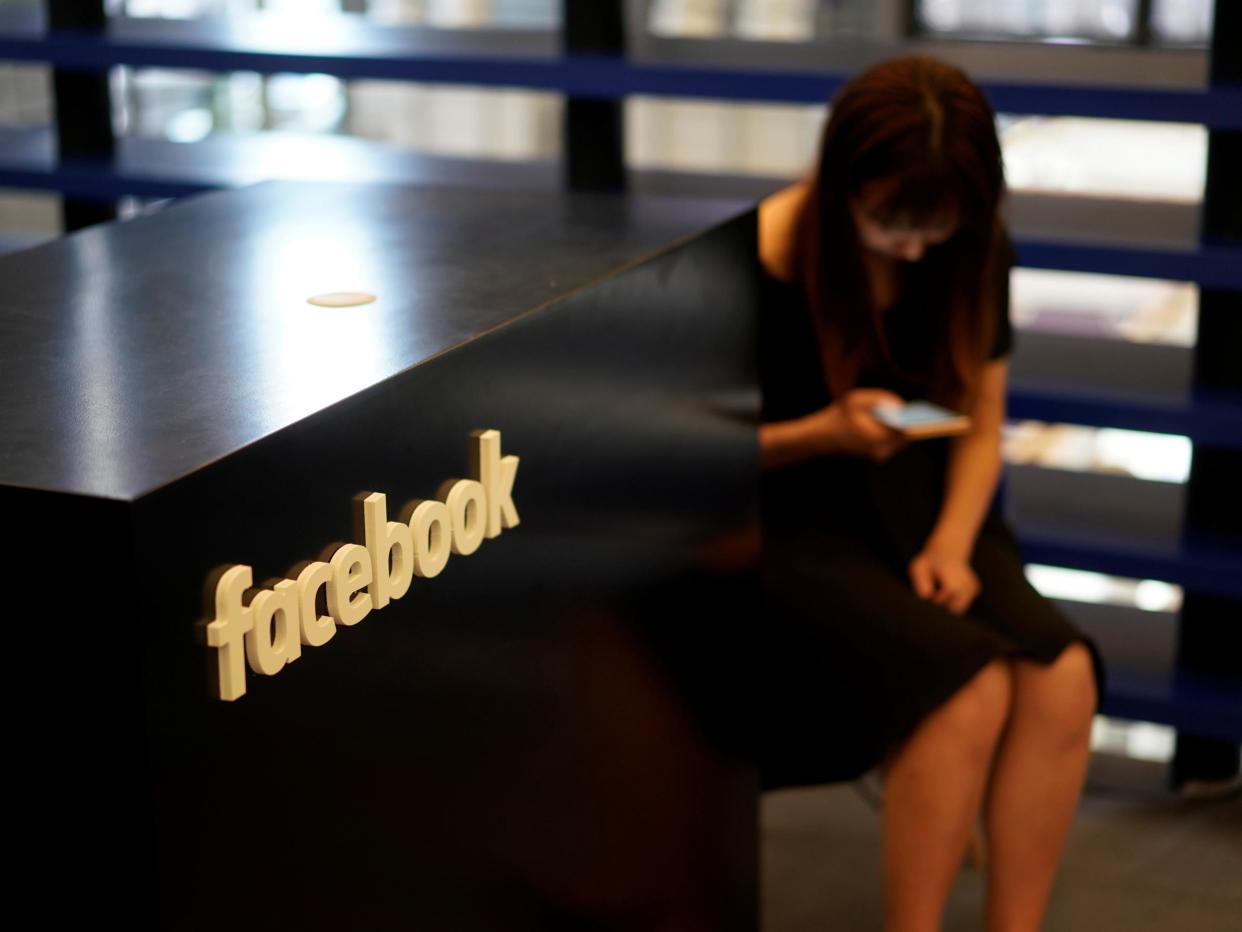Facebook is helping governments shut down dissent with its definition of 'terrorism', says UN expert

Facebook is helping governments crack down on dissent with its definition of "terrorism", according to a UN human rights expert.
The company must urgently change its definition of terror to stop it being twisted by other countries, according to the special rapporteur
As such, Mark Zuckerberg's company could be in the process of interfering with the human rights of its users.
Fionnuala Ní Aoláin wrote to Facebook chief executive Mr Zuckerberg saying Facebook wrongly treats all non-state groups that use violence in pursuit of any goals as terrorist entities.
"The use of such a sweeping definition is particularly worrying in light of a number of governments seeking to stigmatize diverse forms of dissent and opposition (whether peaceful or violent) as terrorism," wrote Ms Ní Aoláin, UN special rapporteur on protecting human rights while countering terrorism.
Facebook's policy did not take account of rebel armed groups that comply with international humanitarian law, the letter said. She did not give examples, but governments facing armed opposition, such as in Syria, frequently label all their opponents as terrorists, even if other countries do not agree.
A Facebook spokeswoman was not immediately available to comment.
Ms Ní Aoláin commended "the important role Facebook plays in offsetting terrorist activity online", but said it must not unduly interfere in the human rights of its users, and should ensure there is a way to challenge wrong decisions.
Overly broad and imprecise definitions of terrorism may lead to "discriminatory implementation, over-censoring and arbitrary denial of access to and use of Facebook's services", wrote Ms Ní Aoláin, a U.N. Human Rights Council independent expert.
"Moreover, it is unclear how Facebook determines when a person belongs to a particular group and whether the respective group or person are given the opportunity to meaningfully challenge such determination."
Facebook and other social media firms are increasingly involved in regulation that used to be done by states, and are under pressure from governments to police content disseminated by users, Ms Ní Aoláin said.
Social media firms are already under U.N. scrutiny for allowing users to incite hatred and target minorities.
Last week, former U.N. human rights chief Zeid Ra'ad al-Hussein said Facebook had allowed its platform to be used to incite violence against the Rohingya Muslim minority in Myanmar, where U.N. experts say a military crackdown had "genocidal intent".
Additional reporting by Reuters

 Yahoo News
Yahoo News 
